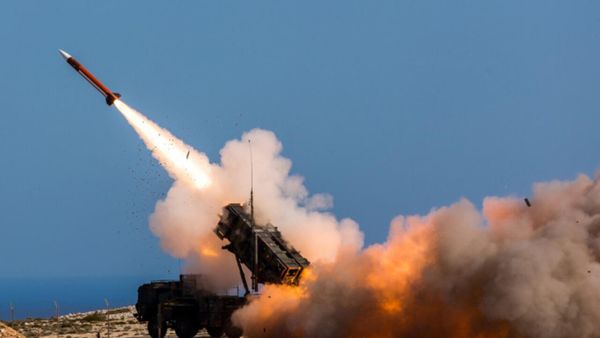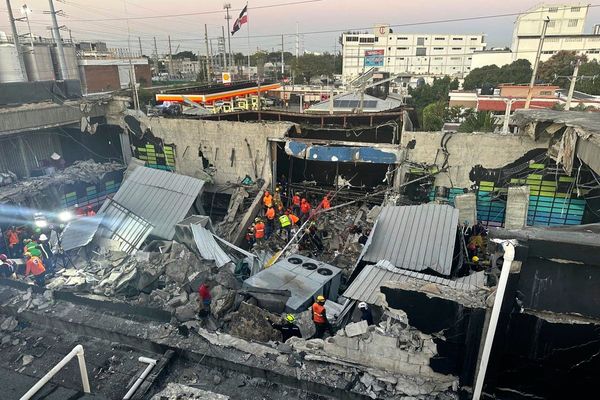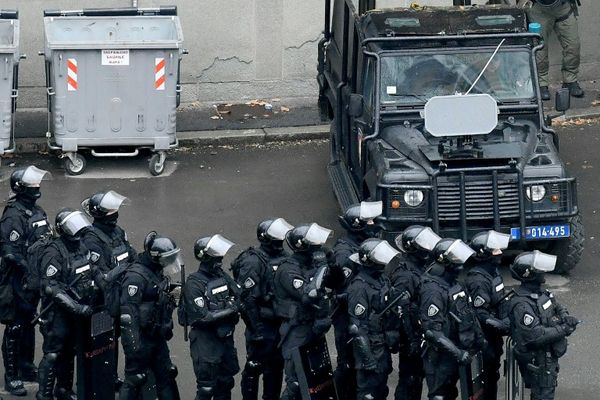
Nigeria’s Bola Tinubu was sworn in as President Monday in the capital Abuja. The 71-year-old former Lagos governor and multi-millionaire businessman faces enormous challenges.
Tinubu won Nigeria's most competitive election since the end of military rule in March. His predecessor, Muhammadu Buhari, stepped down after two four-year terms.
The leader of Nigeria's ruling All Progressives Congress (APC), Tinubu won 8.8 million votes against 6.9 million for opposition Peoples Democratic Party candidate Atiku Abubakar and 6.1 million for the Labour Party's Peter Obi.
The poll remained tight between the three leading candidates in an election marked by long delays and accusations of fraud by the opposition.
Nigeria has a long history of vote rigging and ballot buying, though INEC said new technology would help curtail electoral malpractice.
A southern Muslim
The former governor of Nigeria's biggest city, Lagos, Tinubu is widely praised for overseeing the transformation of the city's revenue and public transport.
Seen as the political "godfather" of the south-west region, and its most influential figure, Tinubu's main challenge is how he is perceived in the north.
He says he wants to unify a country that is retreating behind regional lines and religious blocs, as the election results show.
One of Nigeria's richest politicians, Tinubu's wealth has been questioned. He told the BBC he inherited some real estate which he then invested, but he has also claimed to have become an "instant millionnaire" while working as an auditor at Deloitte and Touche.
There are also allegations of corruption against Tinubu, which he denies.

Ebenezer Obadare of the Council on Foreign Relations, a Washington-based think tank, wrote in a blogpost that "with the incoming Bola Tinubu government, Nigerians will soon find out whether a leader widely seen as corrupt can preside over a relatively malfeasance-free and reasonably competent administration."
Obadare sees Tinubu's win as largely due to Buhari's failures.
Political scientist Cyrielle Maingreaud-Martineaud, from the French Institute for African Research (IFRA), says Nigerians feel they're being given little choice at the ballot box.
“It only includes parties and political figures who accept a certain status quo on how the system and the political regime in Nigeria works," Maingreaud-Martineaud told RFI.
"Many Nigerians do not feel that their vote could change anything.”
Age a weakness
Tinubu's major weakness is his age, at 71 years, along with his health.
His opponents say his age is catching up with him, pointing to videos of various gaffes at campaign rallies, where it was hard to understand what he's saying.
Many Nigerians are wary of another president with health issues after Umaru Yar'Adua died in office in 2010 and Buhari spent considerable time receiving medical treatment abroad.
For Emeka Okoro, security analyst with the Lagos-based consultancy SBM Intelligence, the incoming president will likely face significant security challenges upon assuming office.
But for Idayat Hassan, of the Abuja-based Centre for Democracy and Development, the incoming administration should move towards "a non-military" approach to address some of the root causes of the violence.
This includes tackling "unemployment, poverty, addressing real and perceived marginalisation, justice sector reform ... stemming the flow of arms and securing the borders", she told AFP.
One of Tinubu's main challenges will be to restore economic prosperity in Nigeria, which was not so long ago praised for its business dynamism, yet is currently stuck in downturn.
(with AFP)







